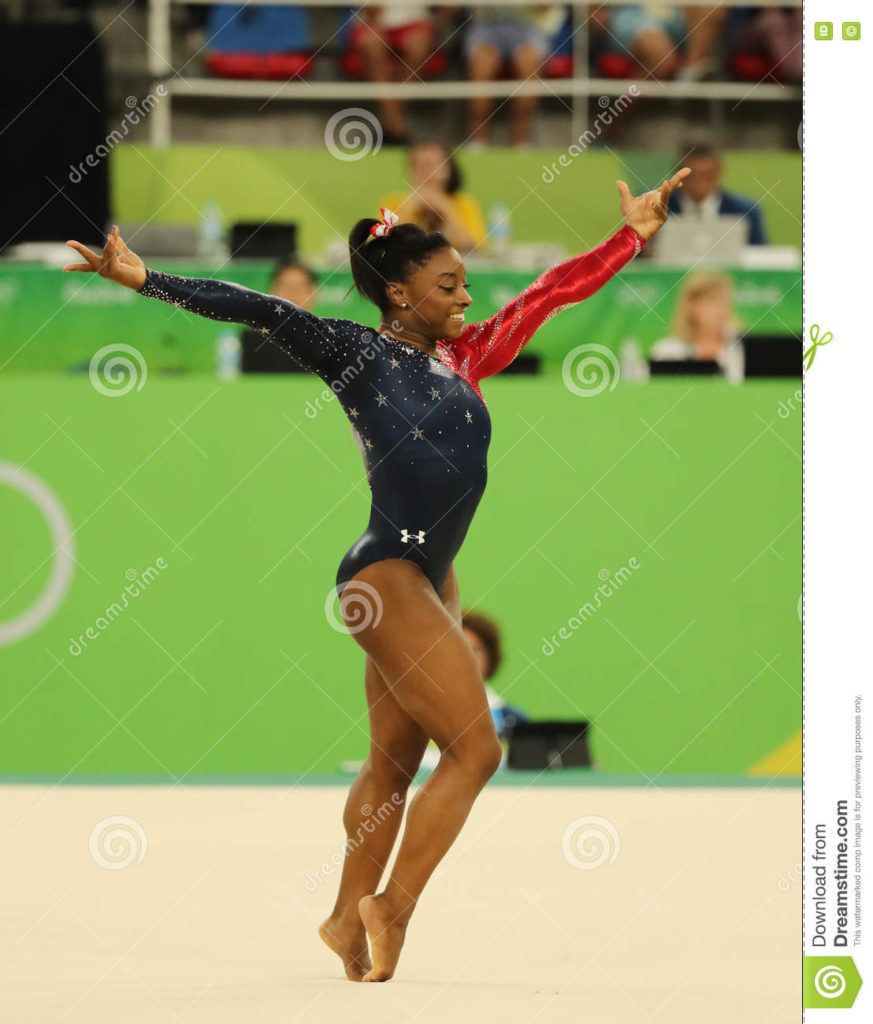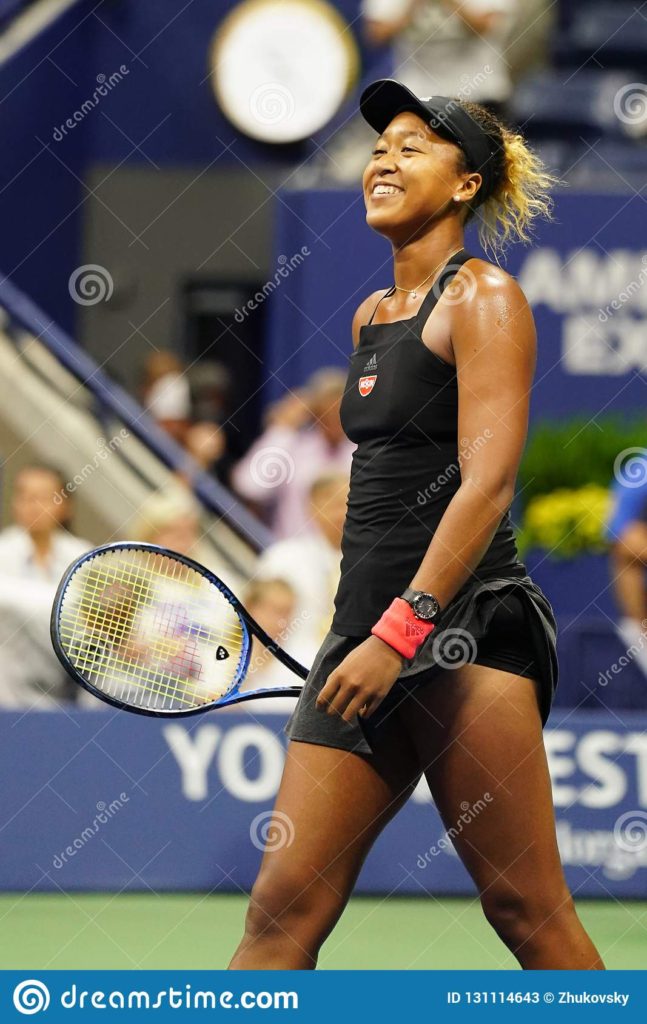This is an English translation of an article to appear in Nikkan San on August 1, 2021, as a part of my bi-weekly column, “The Way of the Pianist.”
It’s been a week since the opening ceremony to the Tokyo Olympics. While the smiles of medalists abound, there have been surprises, too. Simone Biles, regularly hailed as the world’s greatest gymnast of all times, withdrew prioritizing her mental health. She told an interviewer how she was inspired by Osaka Naomi’s earlier move to withdraw from French Open last month. Ms. Osaka first refused to be interviewed citing her own mental health, and then later withdrew, coming out with years of her struggle with depression since her victory against Serena Williams in 2018 that became the center of media attention. I, for one, would like to wholeheartedly applaud this new style of sportsmanship that prioritizes self-respect and future growth over short-sighted focus on victory.

Gymnast Simone Biles 
Tennis Player Naomi Osaka
I empathize with the challenges they face, because of a similar experience I had when I was about their age. Although the size of the international stage and the media attention was much smaller, in the middle of my European debut at the age of 25, I got up from my piano bench paralyzed by stage fright. I told the conductor that I could not go on. He persuaded me to finish the piece. Afterwards, I was haunted by the feelings of guilt to the people who had purchased tickets to come hear that night’s performance. In particular, I could not forget this pregnant lady I saw right before I went on stage. I wanted to play for her, to wish her smooth delivery and happy motherhood. I was worried that the stress of witnessing my struggle might have had a negative impact on her. For years, I worried.
But one day, I suddenly had a revelation that helped me come to terms with it. I have been doing my very best every day to be the best pianist I can be at every performance. That day, for my European debut, my best did not quite meet a standard that I would have liked under pressure. The audience has a prerogative to take whatever they decide from that performance. They can choose to be angry at me for a subpar performance that was not worthy of the price of admission they paid. Or, they can choose to see a triumph of will over an obvious struggle, after one failed attempt. All I can do for them, and for myself, is to learn from that day’s performance and to continue to grow and do my best.
Our true strength lies in acknowledgement and acceptance of our weakness and the decision to still keep on going forward. As humans, we are imperfect and sinful, but we are capable of self-reflection and strength for continuous faith and growth. The smiles of medalists are beautiful, but I also find just as much courage, strength and hope in all the Olympians who don’t get the media coverage or receive medals.
This is a great article that you shared your experience as the performer, with the Olympic
gymnast, Simone Biles, and the tennis payer, Naomi Osaka. As the reader, we can certainly relate similarity: pressure and imperfection. The viewers should have to understand not critical when they may make a minor mistake.
Thank you so much for your empathetic and supportive comment.
Professionalism is one thing, but perfectionism is an ideal to strive for but never to be attained.
I think we must, as a pursuer of the ideal as well as an audience member, understand and accept that as a way to be kind to ourselves and each other.
Pingback: 明鏡日記㊾:メダルより大事な物 - "Dr. Pianist" 平田真希子 DMA